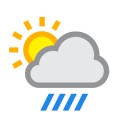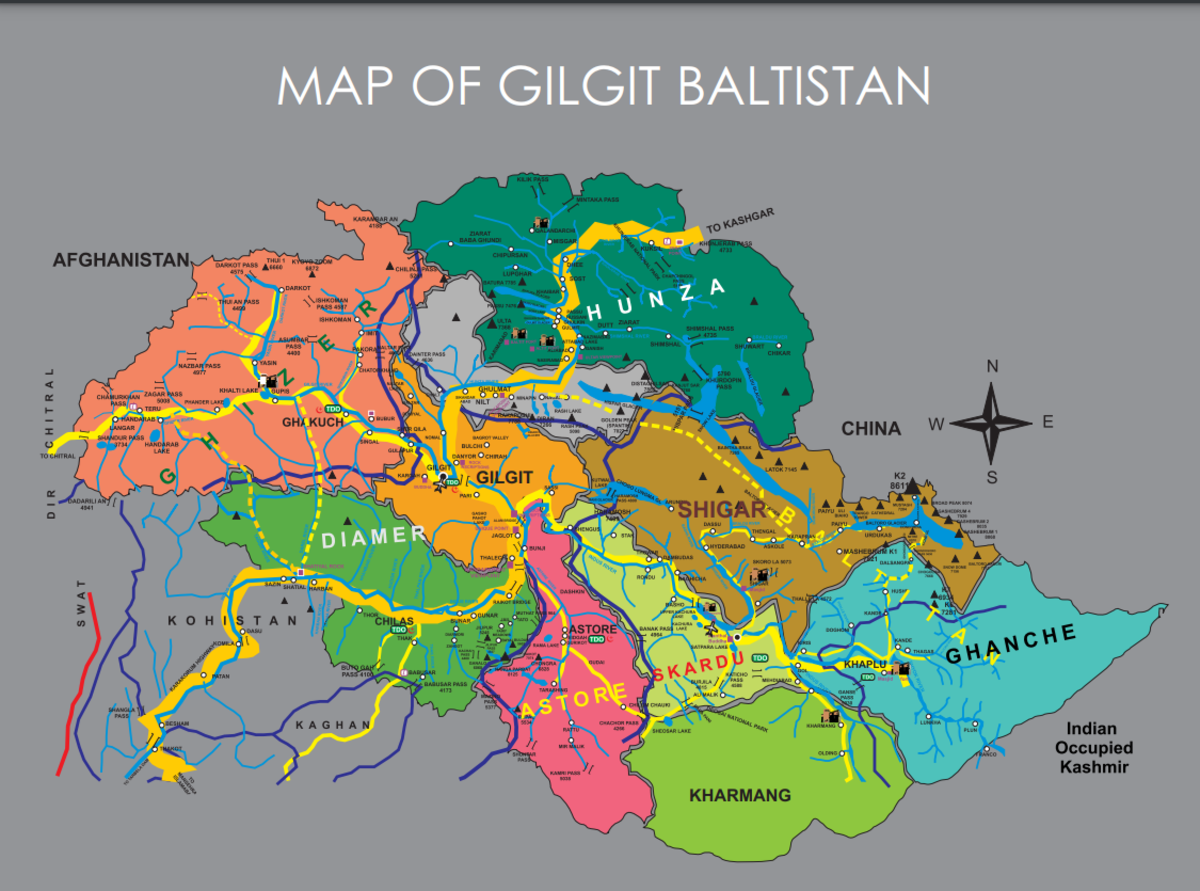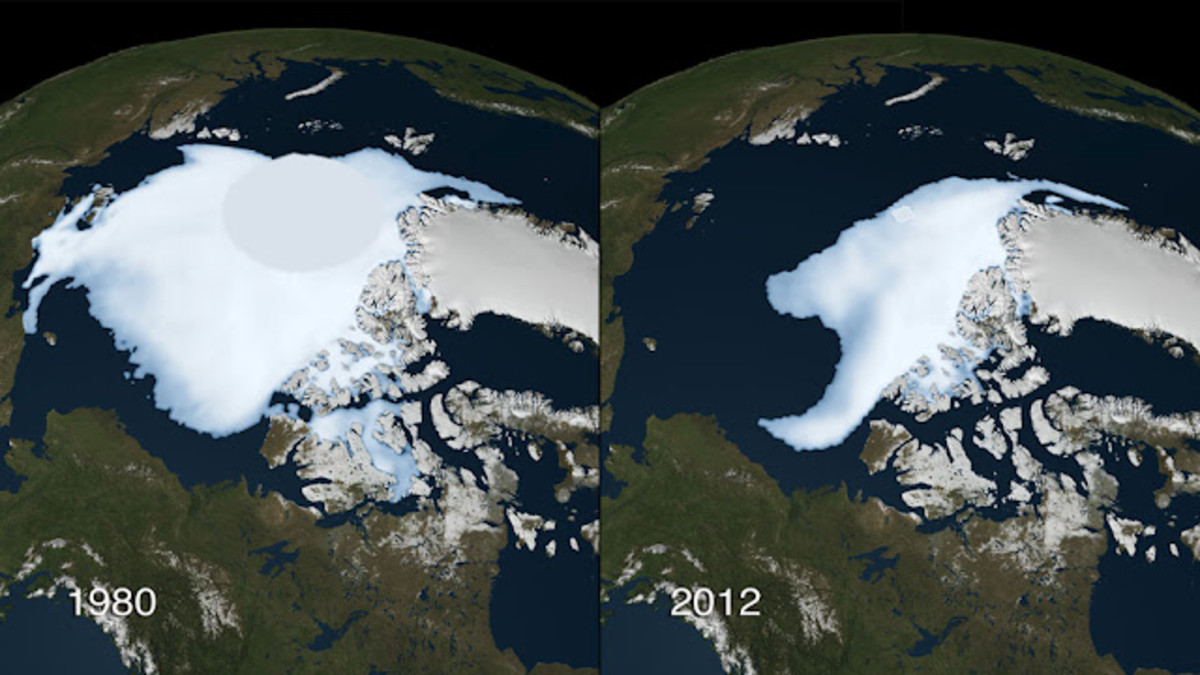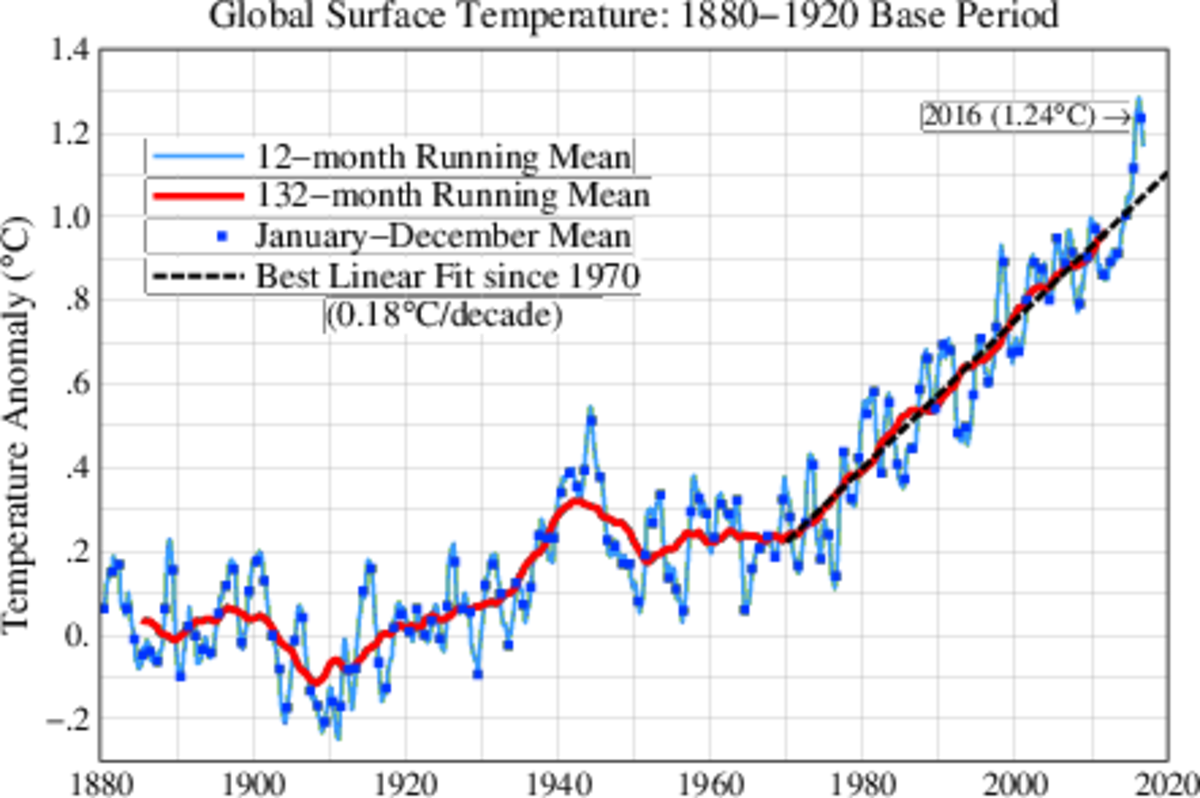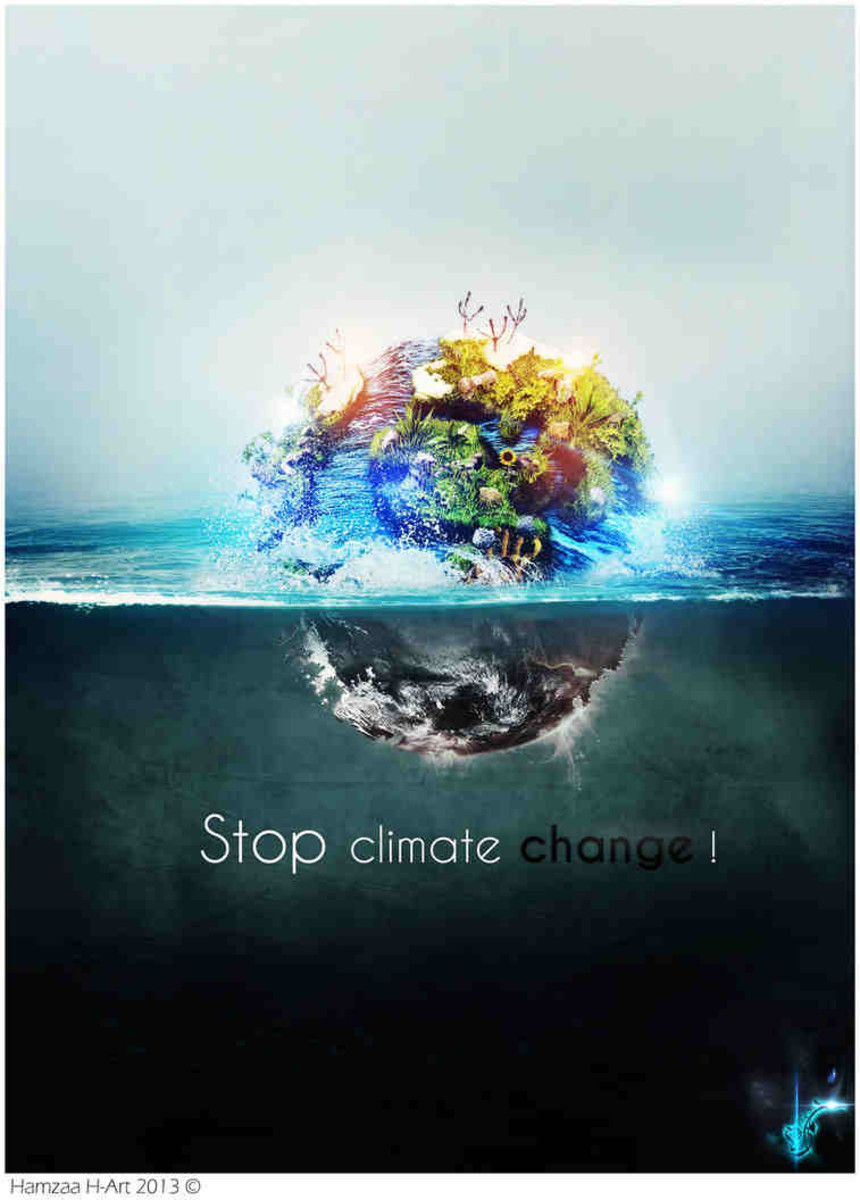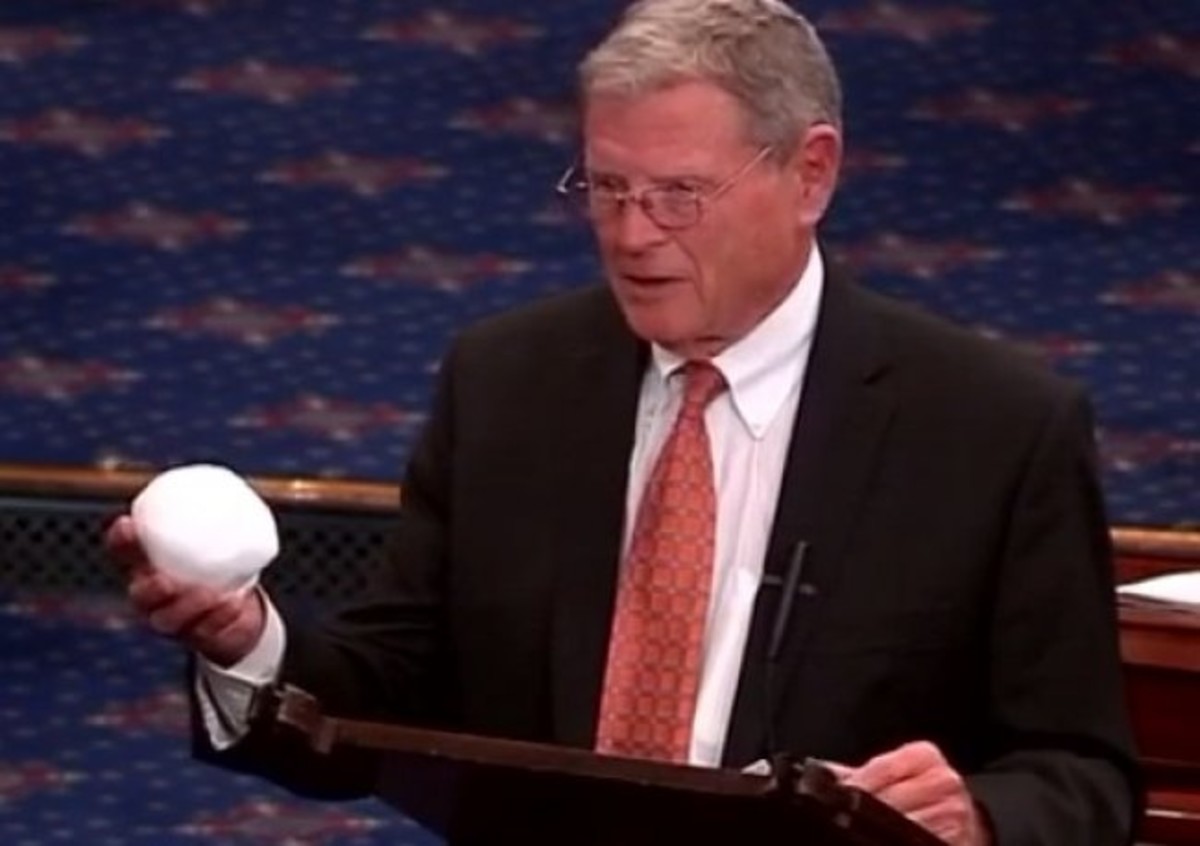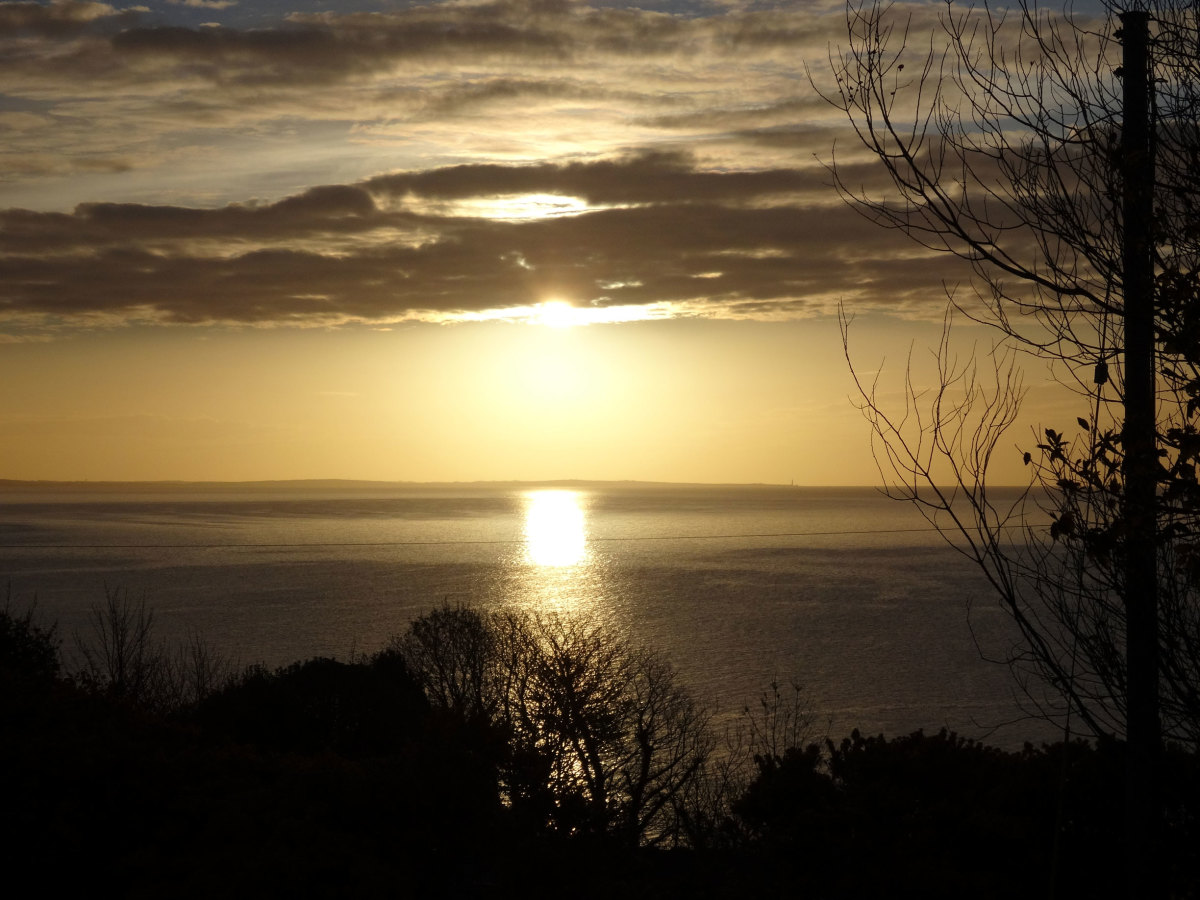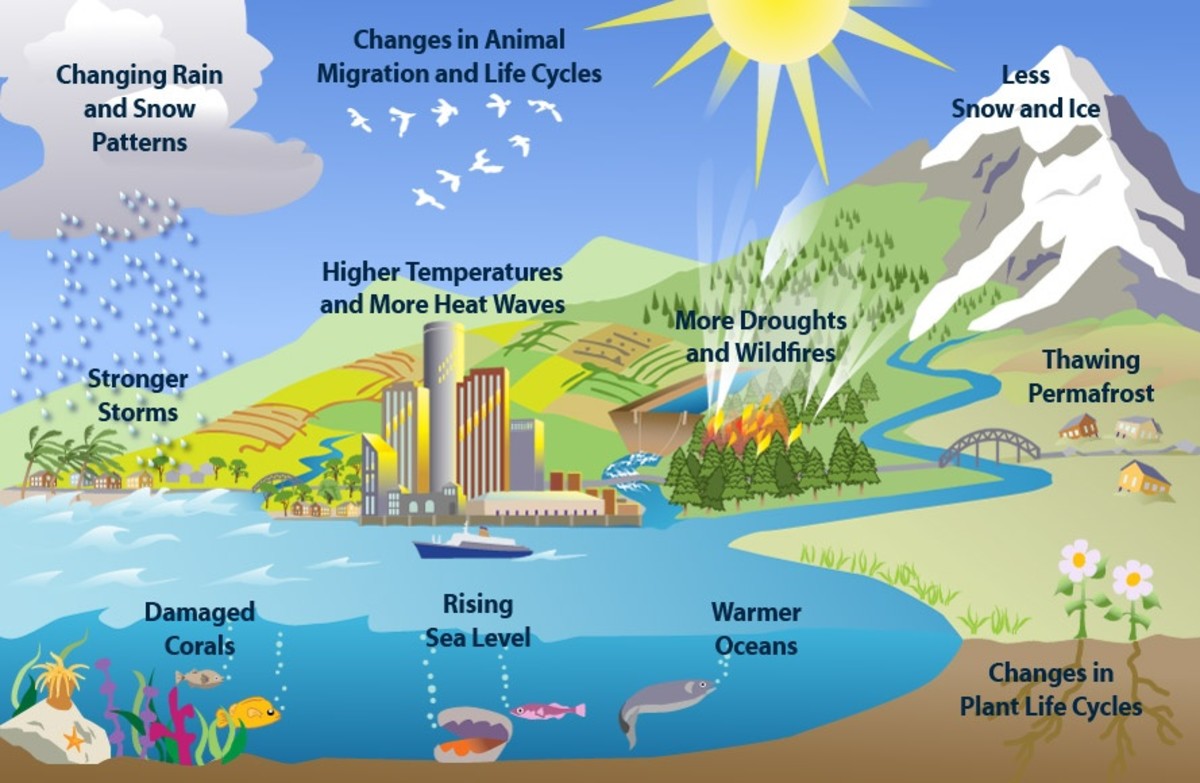The Causes and Effects of Climate Change in our Planet
"Take a course in good water and air; and in the eternal youth of Nature you may renew your own. Go quietly, alone; no harm will befall you." - John Muir
Just a month ago, a powerful typhoon the worst ever perhaps in my province literally took us by the storm. Wow, the typhoon was so destructive and devastating that the tremendous damage it had made will surely break the record for what is worse with worst. Typhoon "Pepeng" battered our province Pangasinan literally black and blue. Many towns here experienced how to deal with a deluge, house-deep floods we're indeed sweeping. In a town in San Fabian Pangasinan an accounted report of houses in nearby rivers were rooted out and carried away with the strong currents, and many perished with that lonely scenario. In Baguio City, the typhoon and in tandem with the heavy rains triggered a soil erosion that dumped many lives... and what is saddening about this scenario... is that the folks here would be willing to trade their crops (mostly vegetables) for coffins, a truly sad state of poverty that grapples the poor amid a crisis. Natural disasters are indeed erratic, but having a knowledge how it happens would really help. I hope that this hub will continue to ride on the crest of the momentum of the previous hubs related to environment that I made.
Factors in the Occurrences of Natural Disasters - Here are the causes of "Climate Change" and it includes: agriculture and cattle-raising, dams and megaprojects, forest fires, Illegal and legal logging, mangroves and shrimp farming, mining, oil and gas production and usage, and plantations. Global warming, and slash-and-burn farming as the other aggravating factors in the presence of powerful natural disasters that inflicts great damage to properties, source of livelihood and infrastructures all over the planet especially the South Asia and Southeast Asia.
Pollution - The pollution emanating from different industrial zones all over the world, vehicles, CFCs from our air-conditioned units and refrigerators, and burnt plastic damages the Ozone Layer that protects our planet from the heat of the sun and us humans, also adds significantly to the Global Warming we are experiencing now.
Deforestation - An island nation in the Caribbean, Haiti is reported to have a history of deforestation. Plagued with social problems and population, the forests are indeed threatened. Mudslides smothered thousands of lives a testament of the effects brought by massive deforestation in the country. Deforestation due to "kaingin" or slash-and-burn farming, growing populace, and illegal logging is stripping our forests of the trees that protect us from floods and serves as a habitat to different animals, causing mudslide, soil erosion and landslide.

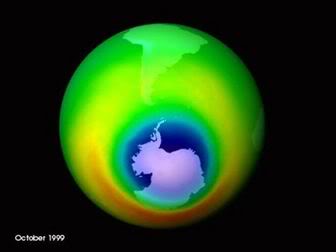
Terms and Definitions.
Global Warming - According to wikipedia, "Global warming is the increase in the average temperature of the Earth's near-surface air and oceans since the mid-20th century and its projected continuation... An increase in global temperature will cause sea levels to rise and will change the amount and pattern of precipitation, probably including expansion of subtropical deserts. The continuing retreat of glaciers, permafrost and sea ice is expected, with warming being strongest in the Arctic. Other likely effects include increases in the intensity of extreme weather events, species extinctions, and changes in agricultural yields."
Green House Effect - Wikipedia's insight about this so-called ffect: "The greenhouse effect is the process by which absorption and emission of infrared radiation by gases in the atmosphere warm a planet's lower atmosphere and surface." To imagine the effect try to stay in the car that has no fan or air-conditioner in a sweltering afternoon, hehehe the trapped hot air in the car can be likened to this so called "greenhouse effect". Another good example would be the orchids trapped in a green house.
Green House Gas - "Ozone is also a greenhouse gas in the upper atmosphere and, therefore, plays a role in Earth's climate. The increases in primary greenhouse gases, such as carbon dioxide, may affect how the ozone layer recovers in coming years. Understanding precisely how ozone abundances will change in a future with diminished chlorofluorocarbon emissions and increased emissions of greenhouse gases remains an important challenge for atmospheric scientists in NOAA and other research centers." --- www.oar.noaa.gov
Ozone Layer - According to www.oar.noaa.gov, "Ozone is a gas that occurs naturally in our atmosphere. Most of it is concentrated in the ozone layer, a region located in the stratosphere several miles above the surface of the Earth. Although ozone represents only a small fraction of the gas present in the atmosphere, it plays a vital role by shielding humans and other life from harmful ultraviolet light from the Sun. Human activities in the last several decades have produced chemicals, such as chlorofluorocarbons (CFCs), which have been released into the atmosphere and have contributed to the depletion of this important protective layer. When scientists realized the destructive effect these chemicals could have on the ozone layer, international agreements were put in place to limit such emissions. As a result, it is expected that the ozone layer will recover in the coming decades." Ozone layer is our protection with the harmful ultra-violet (UV) rays from the sun.
My 18th hub in the November HubChallenge... Third Batch...

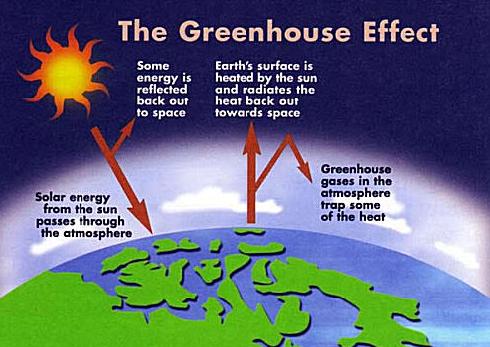

Natural Disasters that already wreak havoc in our planet...

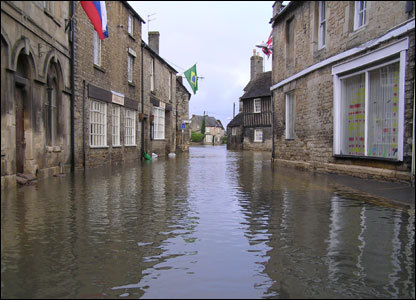
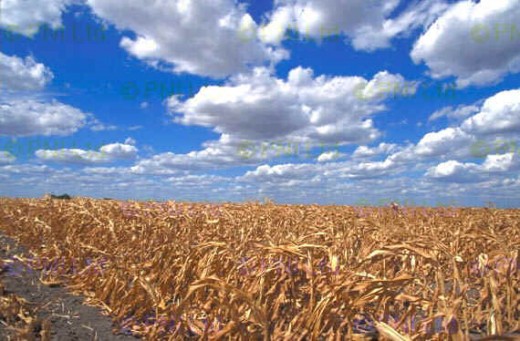
The Effects of Climate Change
Heatwave - In summer of 2003 in Europe reached a high temperature of 44°C in Europe to caused deadly heatwaves that killed about 30,000 people in Belgium, Britain, France, Italy, The Netherlands, Portugal and Spain. Consequently a heat wave in South Asian region consistijng of Bangladesh, India, and Pakistan took 1,500 lives and the hosttest tempreature recorded in Australia lead to bushfires that resulted to the scorching of seven million acres forests that serves as habitats of some of the world's endangered flora and fauna.
Storm, Cyclones, Typhoons and Flash floods - also surfaced for the past several years in the planet according to World Meteorological Organization "the year 2003 Atlantic hurricane season saw the development of 16 named storms, which is well above the 1944-1996 average of 5.8, but consistent with a marked increase in the annual number of tropical systems since the mid 1990s. The trend continues as powerful hurricane pummeled Caribbean and the Gulf of Mexico, where about 2,000 people died and causes severe destruction in the area.
Cyclone in the Indian sub-continent region are common each year, which is located at the South of India paved the way for a worse flood that claimed some 250 people. In 2004, at least 23 typhoons hit the Western Pacific as ten of them were recorded in Japan and left the country with at leat 170 lives.
Heavy monsoon rains battered South Asia and affected 30 million lives. The flood sweep milllions of homes, three million people were relocated to evacuation centers and more than 1,300 lives perished in the tragedy.
This year Philippines was the worst hit country in Asia by a series of typhoons, two of these are typhoon Ondoy which wreak havoc in Metro Manila Area and the Southern Tagalog Area that killed at least 377 people, affected 450,000 people, more than tens of thousands of homes were destroyed and damage to crops, infractructures, and properties reached over $2 million. While Pepeng unleashed its fury in the Northern part of the Philippines. Perhaps one of the most devastating and worst ever to hit the country is the Typhoon Pepeng which causes massive flashfloods in Pangasinan and landslides in nearby provinces such as Benguet and La Union, killed more more than 375 people, caused damaged to properties, crops and infrastructures to more than $175 million dollars and affected 3 million people.
Sea Level Rising - In an editorial coming from the journal Science, "sea level have risen to 10 to 20 cms. (4 to 8 inches) in the past centuries, and more is in store for us." This can be attributed to the two possibilities. The first is the melting of polar ice caps in the North and South Pole and glaciers in cold countries because of the Global Warming, which adds to the volumes of water in the planets oceans and the second factor is due to thermal expansion as oceans become warmer, the volumes of water also increases propotionately.according to www1.american.edu "Global Warming/Rising Ocean Levels:All of the islands of the Maldives are extremely sensitive to rising ocean levels. Indeed, the country's highest point is only two meters above sea level. Human-induced global warming is causing glaciers and polar ice caps to melt, leading to a rise in ocean levels. If ocean levels rose enough, the entire country could disappear under water."
Drought -Normally unaffected for the past several years, now Indonesia and Brazil now experiences drought that triggers forest fires. Perhaps badly affected with the drought is perhaps the African continent and according to Unicef, 'The drought conditions are having the most severe impact in Ethiopia, around the towns of Gode, Denan and Imi (in southeastern Ethiopia). Other affected areas include Oromiya, Dire/Yabello, South Omo, and Konso - all in the south - and northern regions of Ethiopia including Wollo."
Internet Film Fest Berlin Champion "Audience Award" video from YouTube
Another worthwhile video about Global Warming from youTube
With over 3.7 million page impressions and counting this video from YouTube is indeed a must see..
You might be interested in:
Are Sharks a Prey or a Predator Nature always works in a wonderful way. The wildlife, plants, the microscopic organisms and humans lives in harmony as each has its own niche in the planet performing their own tasks and duties to keep the...
How to Save our Planet Earth In 1992 World Summit held in Rio de Janeiro, getting rid of pollution was the main agenda as well as making our planet healthy amid industrial progress. However the ratification and implementation of this...
Ways to Save Mother Earth Our planet is indeed gasping for breath right now, our harmful pollutions is indeed choking her slowly and continues to stripped her with her ozone layer. I think it is about time to give our timely response...
Ways to Save Mother Earth Part 2 – A sequel to the Article Ways to Save Mother Earth
The Causes and Effects of Climate Change in our Planet Just a month ago, a powerful typhoon the worst ever perhaps in my province literally took us by the storm. Wow, the typhoon was so destructive and devastating that the tremendous damage it had made will...
Worst Floods and Typhoons in the Philippines An average of 20 typhoons hit the Philippines annually. Some of these typhoons ignited soil erosion and deadly raging flashfloods, which resulted to tragedies in the country that killed numerous people and...
Eco-Friendly Money Saving Tips That Fosters Good Lifestyle and Healthy Environment Many are indeed aware of the present problems our planet is facing as people from all walks of life are doing their share, by actively participating in environment friendly endeavors such as tree planting…
The Conservation of the World's Rarest Bird of Prey, the Philippine Eagle If the American Bald Eagle is the symbol of United States' free-wheeling and vibrant democracy, the Philippines has its own emblem for her national sovereignty and freedom as well. The mighty Philippine...
Power to Change Campaign of HP With just four months after launching a noble cause, "Power to Change," Hewlett Packard (HP) hatched attracted thousands of people support. The battlecry of the campaign is to let PC users turn off their PC...
Greyhounds in the World of Gambling Dubbed as man’s best friend, a breed of dog named greyhounds, slim, agile and fast, were forced to race in the face of cruelty, misery and death…
Homelessness and Poverty Social Ills That Need Treatments Poverty and homelessness is now widespread and often ignored as it inflict a resounding blow to the system and exposes flaws in the mainstream of the society.


